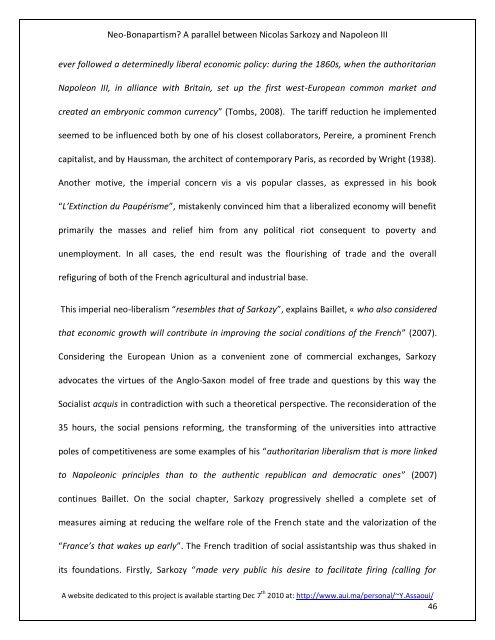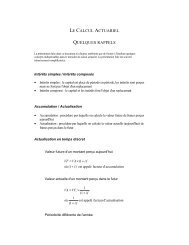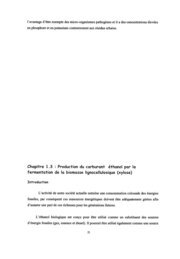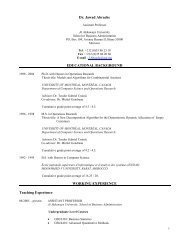Neo-Bonapartism? A parallel between Nicolas Sarkozy and ...
Neo-Bonapartism? A parallel between Nicolas Sarkozy and ...
Neo-Bonapartism? A parallel between Nicolas Sarkozy and ...
Create successful ePaper yourself
Turn your PDF publications into a flip-book with our unique Google optimized e-Paper software.
<strong>Neo</strong>-<strong>Bonapartism</strong>? A <strong>parallel</strong> <strong>between</strong> <strong>Nicolas</strong> <strong>Sarkozy</strong> <strong>and</strong> Napoleon III<br />
ever followed a determinedly liberal economic policy: during the 1860s, when the authoritarian<br />
Napoleon III, in alliance with Britain, set up the first west-European common market <strong>and</strong><br />
created an embryonic common currency” (Tombs, 2008). The tariff reduction he implemented<br />
seemed to be influenced both by one of his closest collaborators, Pereire, a prominent French<br />
capitalist, <strong>and</strong> by Haussman, the architect of contemporary Paris, as recorded by Wright (1938).<br />
Another motive, the imperial concern vis a vis popular classes, as expressed in his book<br />
“L’Extinction du Paupérisme”, mistakenly convinced him that a liberalized economy will benefit<br />
primarily the masses <strong>and</strong> relief him from any political riot consequent to poverty <strong>and</strong><br />
unemployment. In all cases, the end result was the flourishing of trade <strong>and</strong> the overall<br />
refiguring of both of the French agricultural <strong>and</strong> industrial base.<br />
This imperial neo-liberalism “resembles that of <strong>Sarkozy</strong>”, explains Baillet, « who also considered<br />
that economic growth will contribute in improving the social conditions of the French” (2007).<br />
Considering the European Union as a convenient zone of commercial exchanges, <strong>Sarkozy</strong><br />
advocates the virtues of the Anglo-Saxon model of free trade <strong>and</strong> questions by this way the<br />
Socialist acquis in contradiction with such a theoretical perspective. The reconsideration of the<br />
35 hours, the social pensions reforming, the transforming of the universities into attractive<br />
poles of competitiveness are some examples of his “authoritarian liberalism that is more linked<br />
to Napoleonic principles than to the authentic republican <strong>and</strong> democratic ones” (2007)<br />
continues Baillet. On the social chapter, <strong>Sarkozy</strong> progressively shelled a complete set of<br />
measures aiming at reducing the welfare role of the French state <strong>and</strong> the valorization of the<br />
“France’s that wakes up early”. The French tradition of social assistantship was thus shaked in<br />
its foundations. Firstly, <strong>Sarkozy</strong> “made very public his desire to facilitate firing (calling for<br />
A website dedicated to this project is available starting Dec 7 th 2010 at: http://www.aui.ma/personal/~Y.Assaoui/<br />
46

















